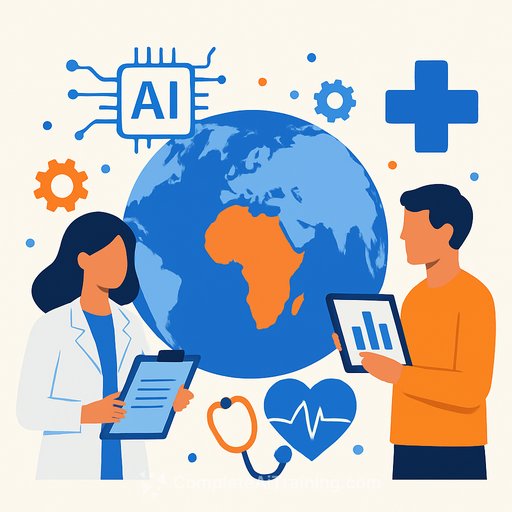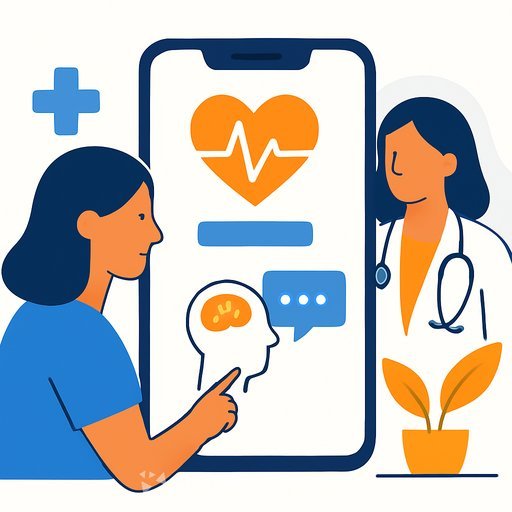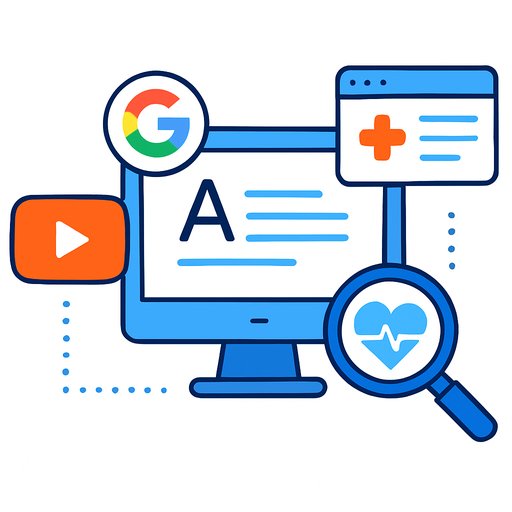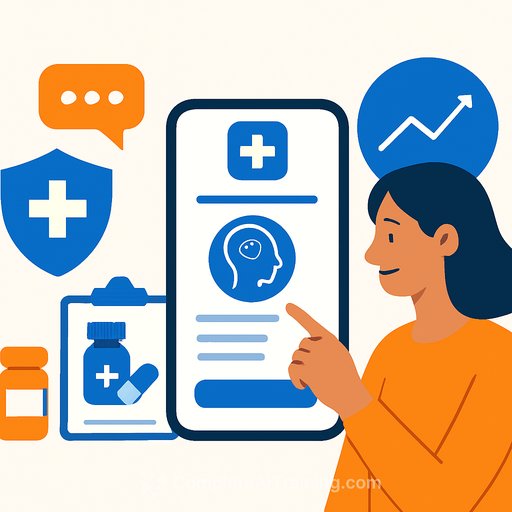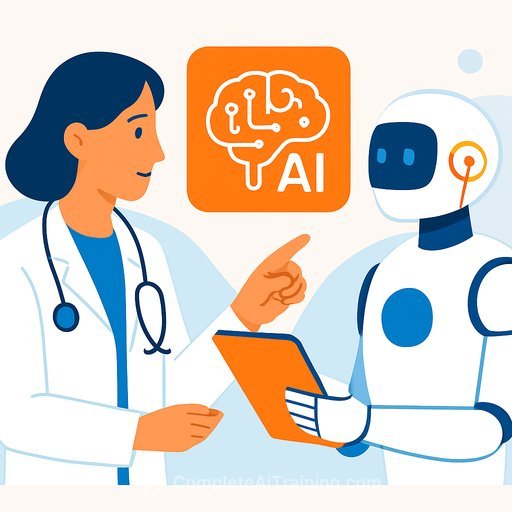IndiaAI and WHO invite Global South to submit proven AI health use cases
IndiaAI, under the Ministry of Electronics and Information Technology (MeitY), and the World Health Organization have opened a global call for abstracts featuring AI applications that improve real healthcare outcomes in the Global South. Selected entries will be published in the Casebook on AI Health Use Cases Across the Global South and launched at the India-AI Impact Summit on 19-20 February 2026 in New Delhi.
The goal: identify solutions that work in the field, scale responsibly, and strengthen equity, safety, and efficiency. If your team has moved from pilot to practice, this is your moment to document the playbook.
What the Casebook will deliver
This joint IndiaAI-WHO Casebook will act as a practical reference for policymakers, health leaders, technologists, and clinicians. It focuses on replicable implementations, governance models, and measurable impact-especially in low- and middle-income settings where constraints are real and stakes are high.
Use cases they're seeking
- Disease surveillance and early detection: outbreak prediction, real-time monitoring, and response optimization.
- Clinical decision support: diagnostics, treatment planning, and personalization that augment clinician judgment.
- Health operations and logistics: resource allocation, hospital flow, and supply chain optimization.
- Public health and policy analytics: epidemiology, financing, and resource prioritization.
- Telemedicine and remote care: extending access in underserved areas with safe, effective triage and follow-up.
Who should apply
Researchers, startups, public health programs, and healthcare institutions across the Global South. The emphasis is on implementations with evidence of impact, sustainability, and scalability-not concept notes.
Submission details and key dates
- Abstract (≤250 words) deadline: 31 October 2025
- Shortlist notification: Mid-November 2025
- Full chapter (2,500-3,000 words) deadline: 15 December 2025
- Casebook launch: 19-20 February 2026 at the India-AI Impact Summit, New Delhi
Full guidelines and submission portal: impact.indiaai.gov.in/events/who
Selection criteria
- Relevance and quality: Clear health problem, appropriate AI method, and clinical or public health value.
- Scalability: Evidence the solution can extend across sites, regions, or populations.
- Responsible AI: Ethical use, data protection, transparency, and bias mitigation.
- Impact: Outcomes with measurable gains (accuracy, timeliness, cost, access, safety).
What shortlisted chapters must cover
- Solution design and objectives
- Implementation strategy, partnerships, and context
- Ethical and governance considerations
- Outcomes and measurable impact
- Lessons learned and recommendations for replication
Practical tips to strengthen your abstract
- Quantify outcomes: Include metrics such as reduced diagnostic time, improved sensitivity/specificity, cost per patient, or decreased stockouts.
- Address safety and equity: Show how bias was tested, monitored, and mitigated. Note consent and data protection practices.
- Explain adoption: Training, workflow integration, and change management that made the solution stick.
- Prove sustainability: Business model, maintenance, local capacity, and open standards/interoperability.
- Show replicability: What another site would need-data requirements, infrastructure, governance approvals.
Why this matters for health leaders
AI can extend clinical reach, speed surveillance, and reduce operational friction-if it fits real workflows and respects patient rights. This Casebook is a way to share what actually works, so others don't repeat preventable mistakes.
Context and policy alignment
The initiative builds on national and global frameworks emphasizing inclusive, interoperable, and responsible digital health. For broader policy context, see WHO's digital health work: WHO Digital Health & Innovation.
Next steps for healthcare teams
- Confirm your use case fits one of the priority areas and has documented results.
- Gather outcome data, governance approvals, and user adoption evidence.
- Write a concise abstract focused on the problem, method, context, and impact-close with why it can scale.
- Submit by 31 October 2025 via the official portal.
Looking ahead: India-AI Impact Summit 2026
The Casebook will be released at the India-AI Impact Summit in New Delhi on 19-20 February 2026, where policymakers, clinicians, industry, and researchers will examine practical, ethical, and technical dimensions of AI in health. Expect a focus on evidence, safety, and scalable impact across the Global South.
If your team is also building internal AI capability, you can explore role-based learning paths here: AI courses by job.
Your membership also unlocks:

